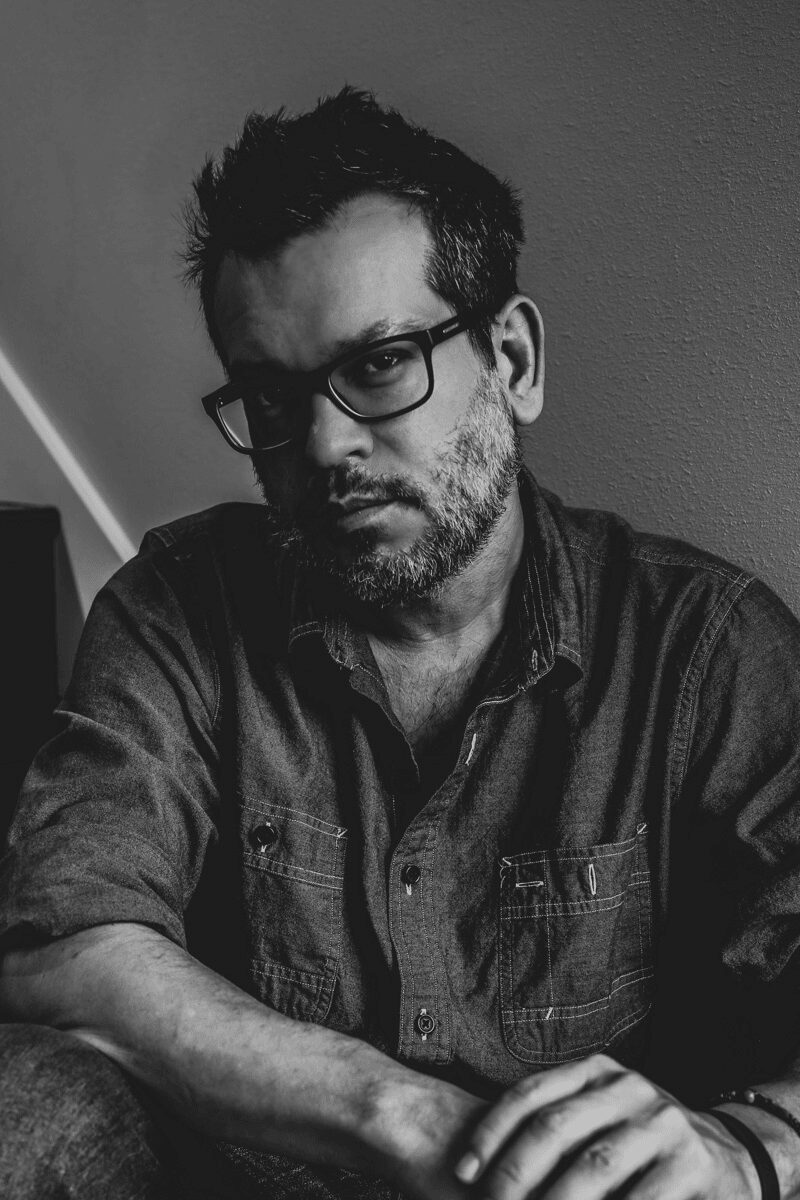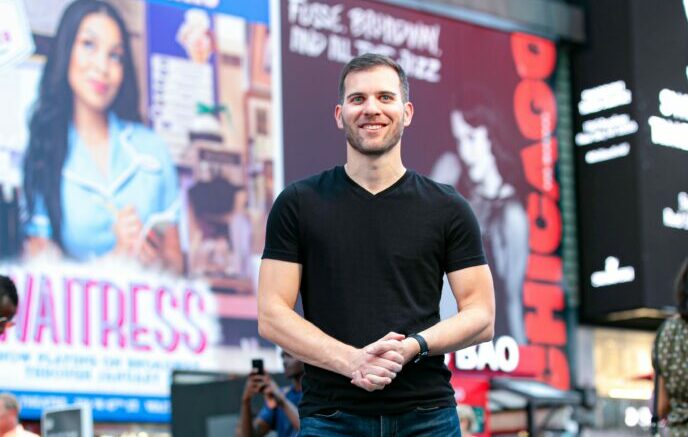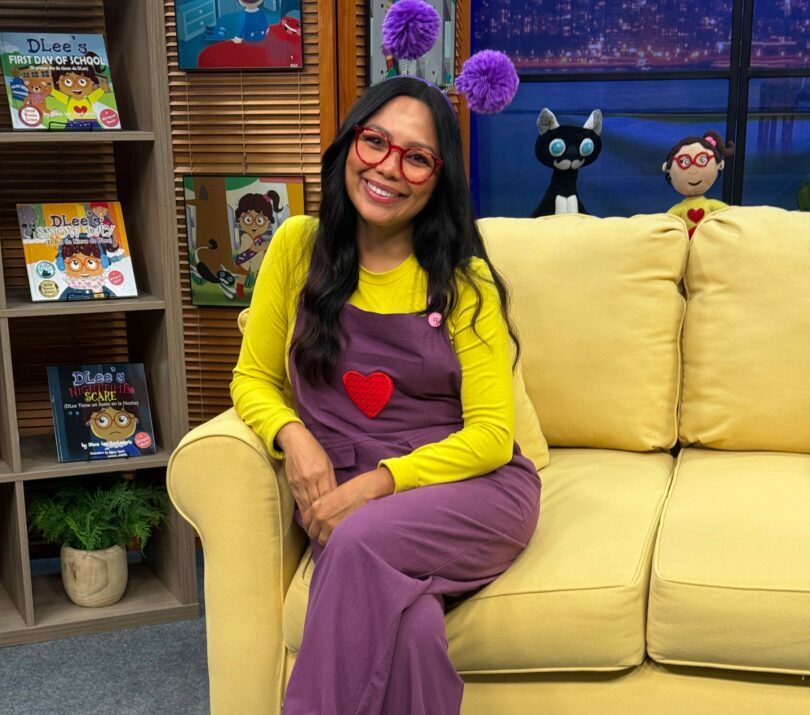We’re excited to introduce you to the always interesting and insightful Mark Jared Zufelt. We hope you’ll enjoy our conversation with Mark Jared below.
Hi Mark Jared, thank you so much for opening up with us about some important, but sometimes personal topics. One that really matters to us is overcoming Imposter Syndrome because we’ve seen how so many people are held back in life because of this and so we’d really appreciate hearing about how you overcame Imposter Syndrome.
Overcoming imposter syndrome continues to be a journey of self-discovery rooted in redefining success. I embrace Stanislavski’s wisdom about loving the art within myself rather than seeking validation from external sources, a pivotal realization that was aided by my therapist. It takes time to internalize the notion that true success lies in authenticity, in being genuine to my creative impulses and needs. I understand that external validation will never fulfill me if it compromises my artistic integrity, reshaping my perspective. By staying true to myself and my artistic vision, I find liberation from the constraints of comparison and the fear of inadequacy. Ultimately, embracing authenticity becomes my compass, guiding me through the turbulent waters of imposter syndrome with the unwavering belief that as long as I remain faithful to my creative truth, I cannot fail. It becomes not just a guiding light but my personal artistic mission statement, shaping every step of my journey.
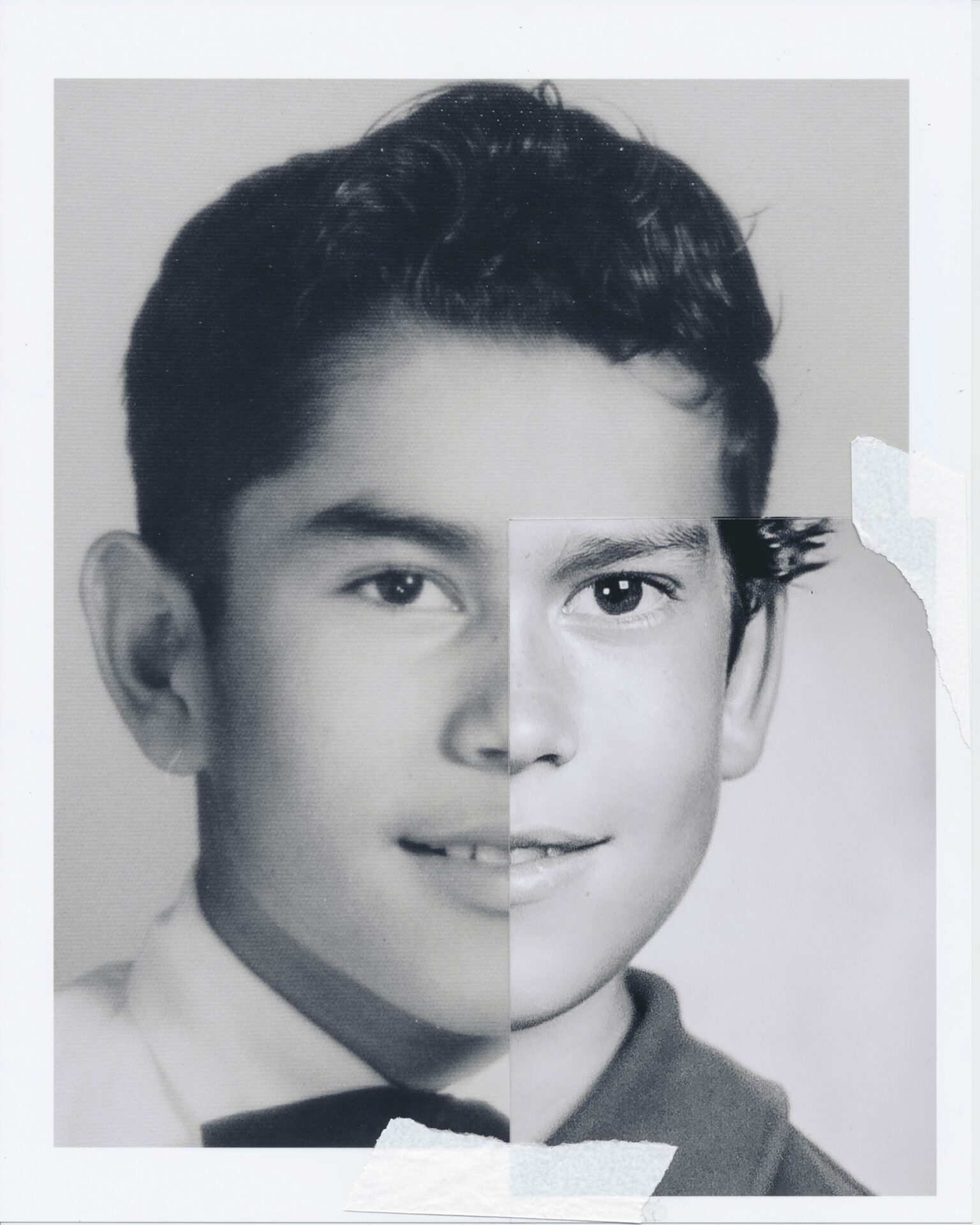
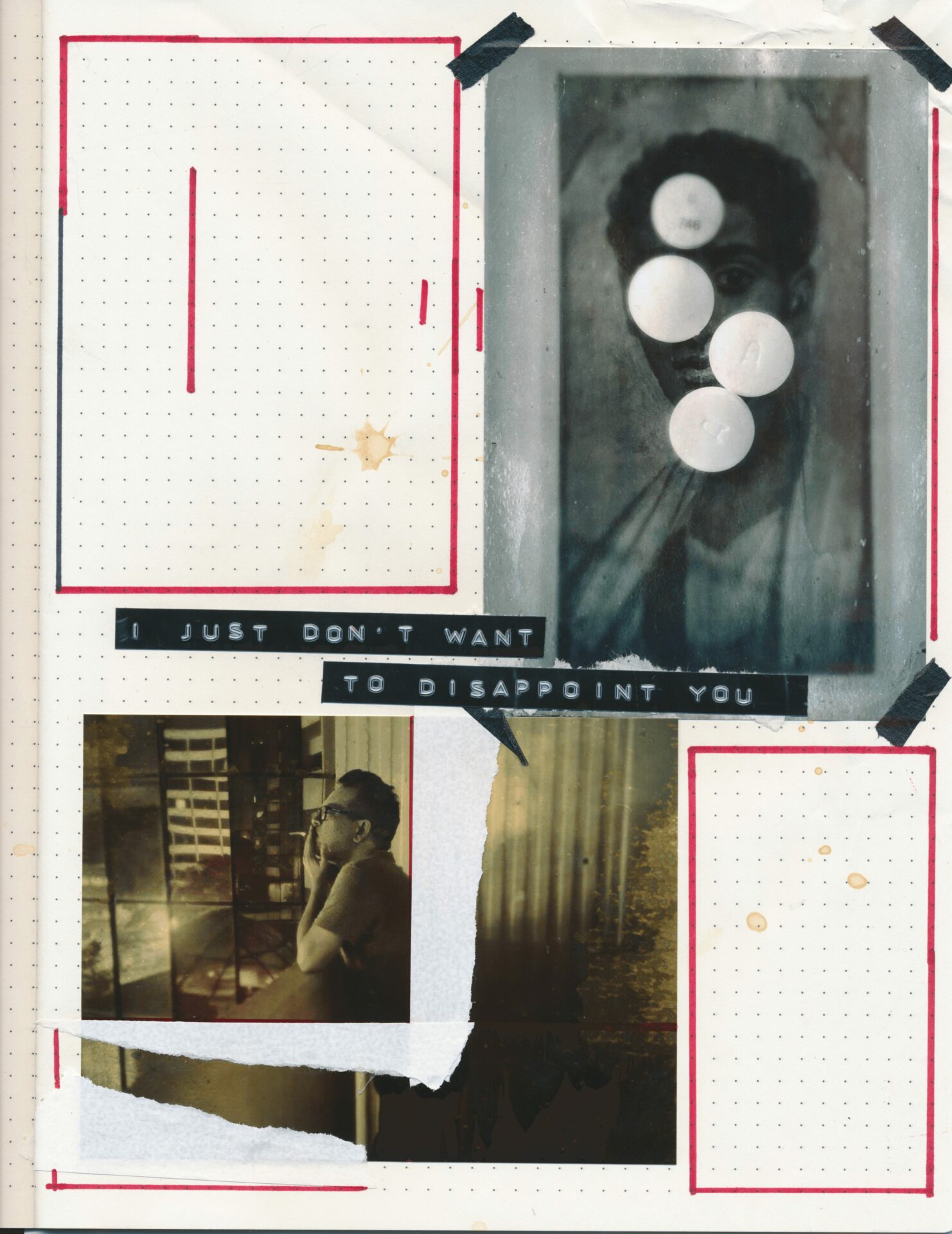
Let’s take a small detour – maybe you can share a bit about yourself before we dive back into some of the other questions we had for you?
I am passionate about weaving stories through various mediums, embracing the fusion of my diverse training (MFA in Stage Direction) and life experiences as a photographer, filmmaker and collage artist. Over the past two years, I’ve been on a journey, transitioning from commercial and fashion photography to delve deeper into conceptual, documentary, and fine art visual storytelling. What excites me most about this shift is the freedom it offers to explore the complexities of family dynamics, identity, and the human condition through a dark yet often comedic lens.
My work is a reflection of my personal narrative, capturing the essence of familial relationships and the quirks of human behavior. I’m currently focused on connecting with fellow visual artists, curators, publishers, and gallery managers who resonate with my unique vision. Together, I aim to bring these stories to a wider audience through avenues such as books, exhibitions, short films, and visual essays.
I believe that art has the power to evoke emotions, challenge perspectives, and spark meaningful conversations. Through my work, I hope to provoke thought and invite viewers to explore the complexities of the human experience. I’m thrilled about the possibilities that lie ahead and look forward to collaborating with like-minded individuals who share my passion for storytelling and visual expression.
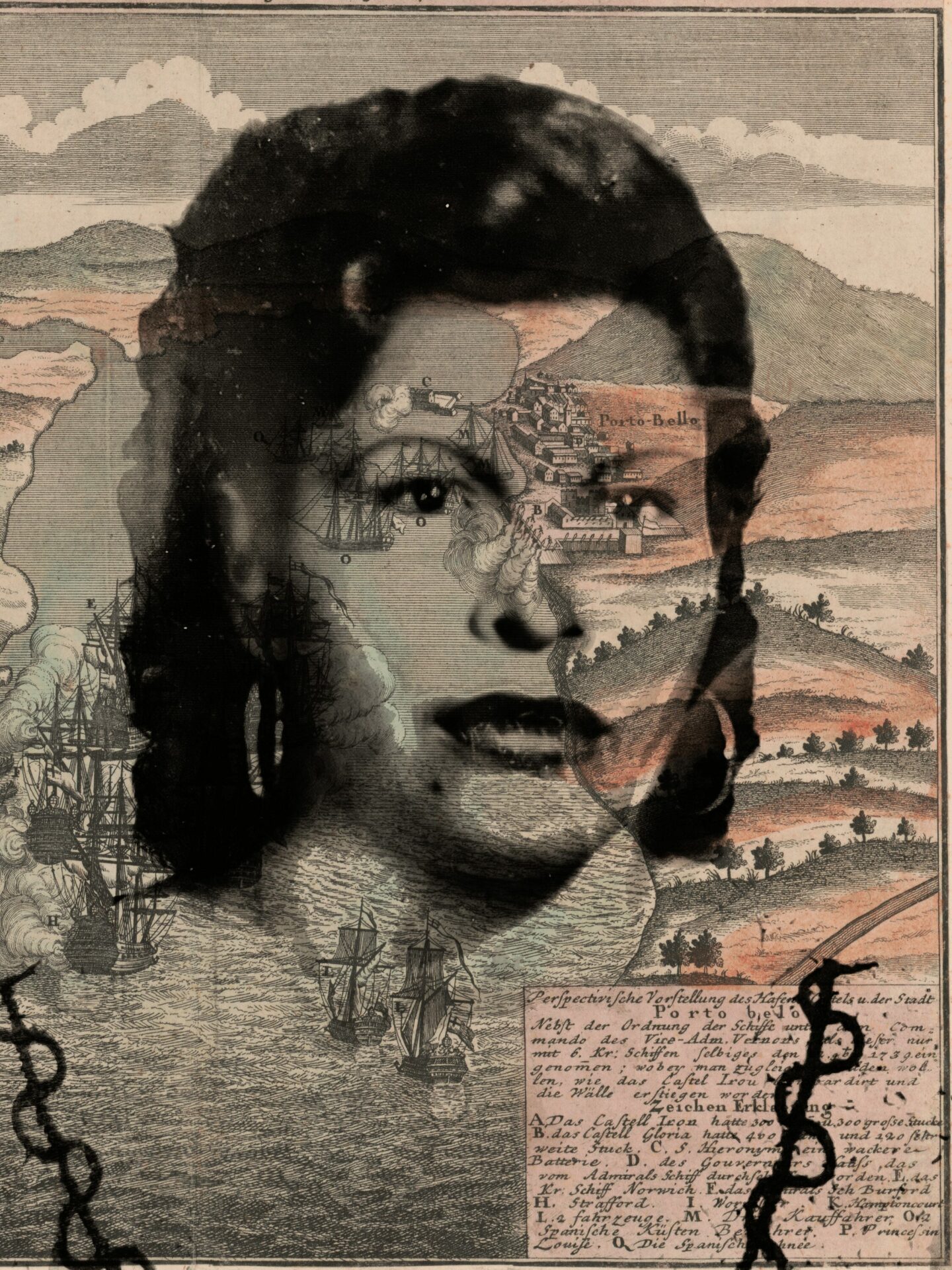
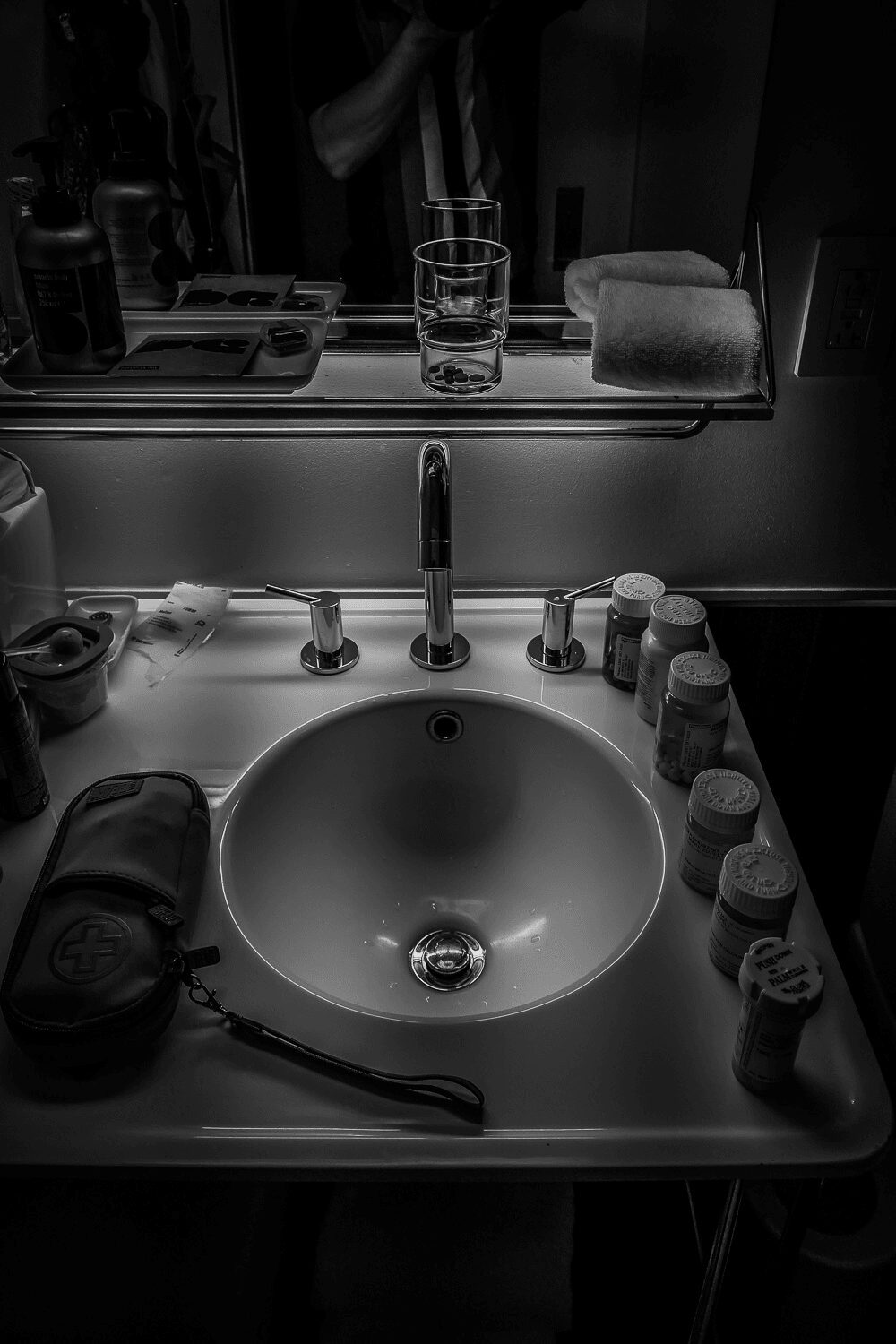
There is so much advice out there about all the different skills and qualities folks need to develop in order to succeed in today’s highly competitive environment and often it can feel overwhelming. So, if we had to break it down to just the three that matter most, which three skills or qualities would you focus on?
Reflecting on my artistic journey, I attribute much of my growth and success to three key qualities: curiosity, adaptability, and a deep understanding of psychology.
Curiosity has been a driving force in my artistic exploration. I’ve cultivated a relentless intellectual curiosity, immersing myself in a constant stream of reading and image consumption. This practice not only sharpens my eye as an artist but also nurtures my potential as a curator. Engaging with the world around me fuels my creative process, guiding me to refine my preferences and aesthetic sensibilities. My advice to budding artists is simple: embrace curiosity. Read voraciously, observe intently, and never lose sight of the wonder that surrounds you. Challenge yourself to interact with diverse communities, both locally and globally, as they offer invaluable perspectives and inspiration.
Adaptability is another crucial skill that has been pivotal in my journey. The rapid evolution of technology demands a willingness to embrace change and explore new possibilities. I’ve learned to navigate shifts in the artistic landscape with an open mind, recognizing that innovations such as AI are not threats but rather tools for innovation. Moreover, personal challenges, such as illness, have necessitated pivots in my artistic practice. Embracing adaptability has allowed me to transition seamlessly between mediums and adapt my approach to suit changing circumstances. To fellow artists embarking on their path, I urge you to remain flexible and resilient. Embrace uncertainty as an opportunity for growth, and view obstacles as invitations to innovate.
Finally, my understanding of psychology has profoundly enriched my artistic endeavors. Delving into the intricacies of human behavior has enhanced my ability to compose compelling narratives and evoke genuine emotion in my work. Whether behind the lens or directing actors on stage, my grasp of psychological dynamics informs every aspect of my creative process. I encourage emerging artists to explore the intersection of art and psychology. Study composition through a psychological lens, and leverage your understanding of human nature to craft narratives that resonate deeply with your audience.
And as you journey forth in your artistic endeavors, don’t forget the transformative power of travel. Immersing yourself in new cultures and landscapes broadens your perspective, ignites your imagination, and infuses your work with fresh insights and inspiration.
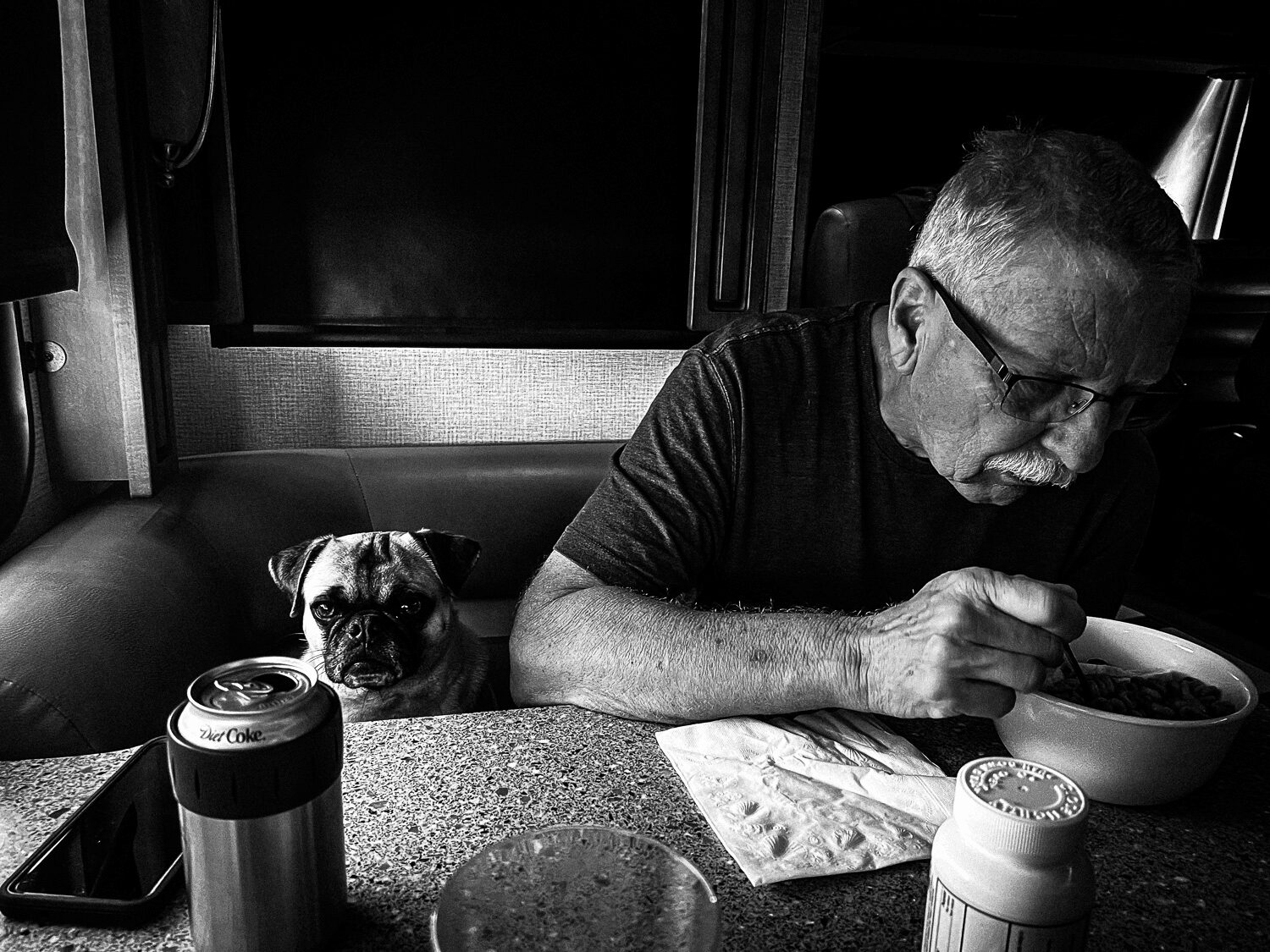
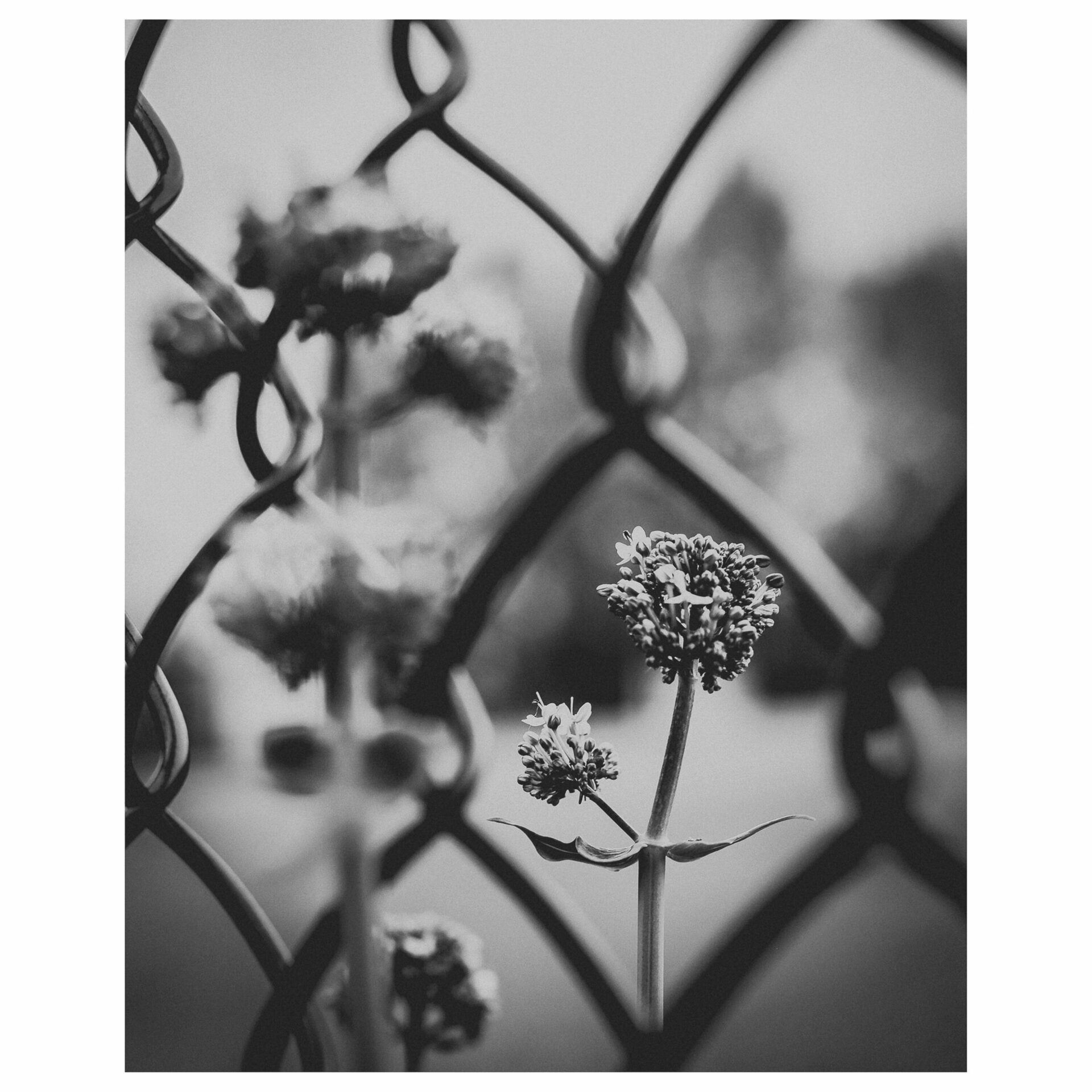
Thanks so much for sharing all these insights with us today. Before we go, is there a book that’s played in important role in your development?
One book that has significantly influenced my artistic development is “Art & Fear: Observations On the Perils (and Rewards) of Artmaking” by David Bayles and Ted Orland. Among its many valuable insights, one particular anecdote resonated deeply with me. It’s a story about a class assignment where students were given two options: to throw as many pots as they could or to focus on creating one perfect pot. The pressure of achieving perfection weighed heavily on those striving for the latter, often leading to frustration and anxiety. However, those who opted to produce as many pots as possible, without fixating on perfection, ultimately emerged with not only a greater quantity but also a higher quality of work.
This narrative encapsulates a fundamental lesson that has profoundly impacted my approach to artistry. It highlights the importance of embracing the creative process without being consumed by the pursuit of perfection. By allowing ourselves the freedom to experiment, make mistakes, and iterate upon our work, we open the door to endless possibilities for growth and innovation. It’s a reminder that art is as much about the journey as it is about the destination, and that true mastery is often achieved through perseverance and a willingness to learn from both success and failure.
I’ve found this book to be so transformative that I’ve given away numerous copies over the years—to friends, colleagues, and even my children—hoping to share its wisdom and inspiration with others on their creative journeys.
Contact Info:
- Website: https://markjaredzufelt.com
- Instagram: https://www.instagram.com/mjzufelt/
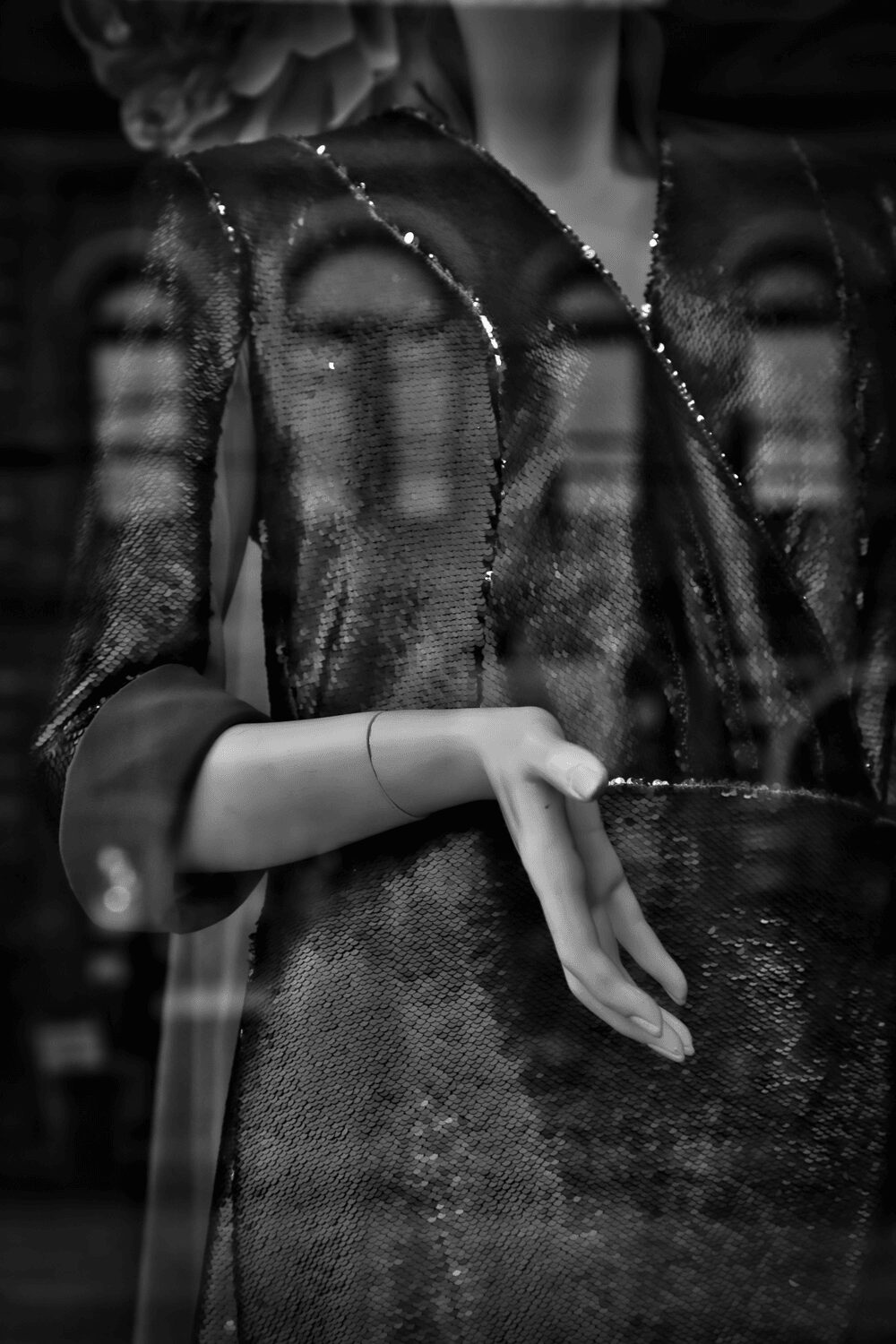
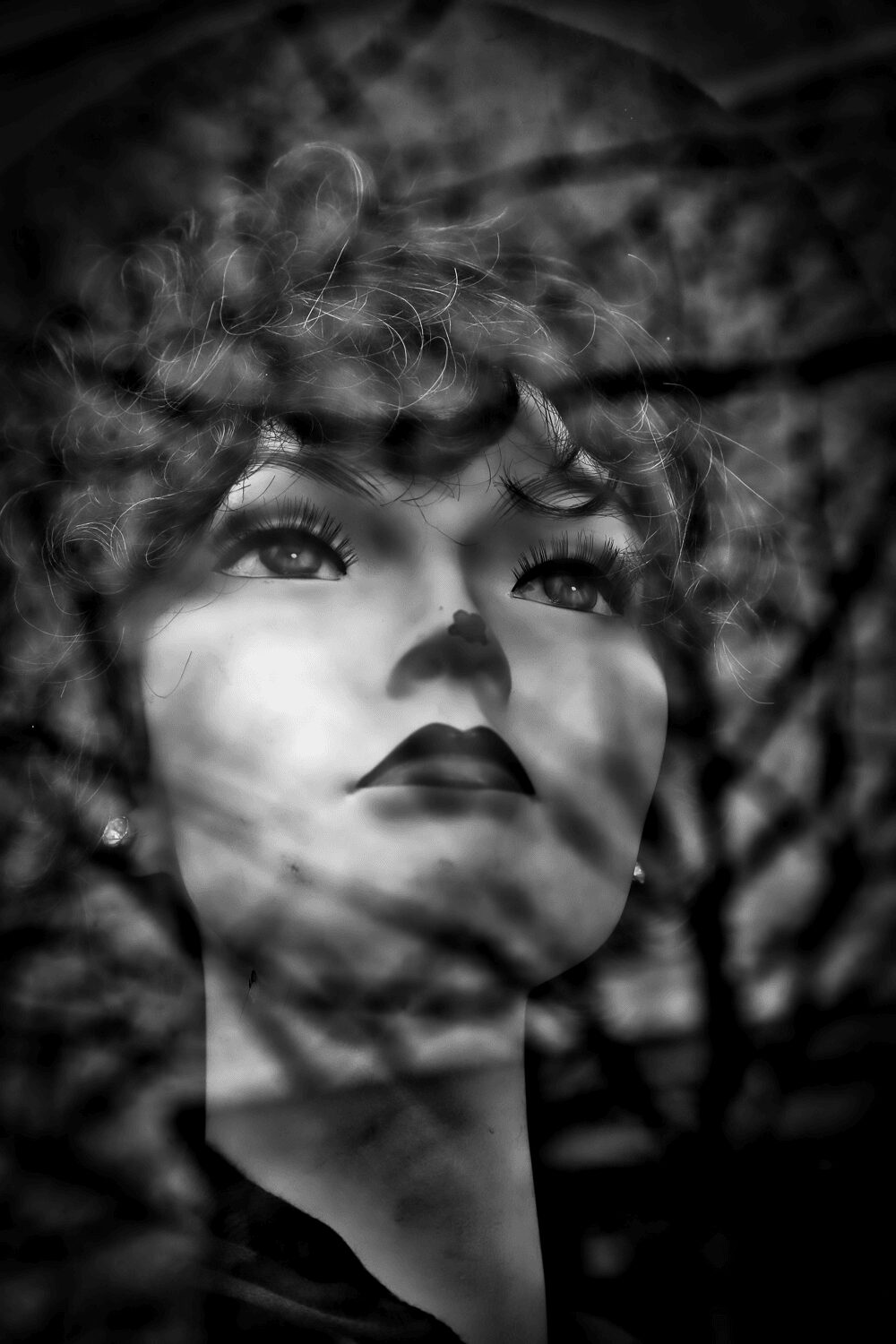
so if you or someone you know deserves recognition please let us know here.

